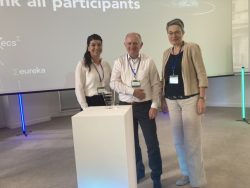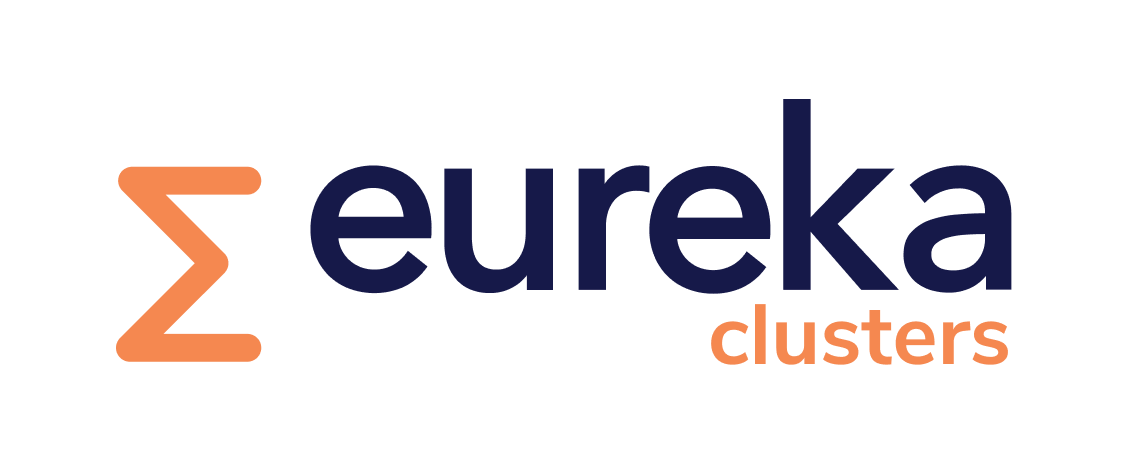Sentinel, a project within the Penta-Euripides² Eureka Clusters, managed by AENEAS, was today awarded the Penta-Euripides² Innovation Award during the Xecs Matchmaking Event in Paris.
While patients should be monitored to help identify those with a deteriorating clinical condition or one at risk of deterioration and despite the deployment of early warning systems (EWSs), adverse events are currently estimated to affect a significant number of hospitalised patients, and to cause thousands of patient deaths every year – in the European Union (EU) alone.
Responding to the lack of essential monitor facility by hospitals and in order to reduce critical complications and overall improve the patient care and quality of life, the Sentinel project aimed to improve the hospitals’ early warning system targeting a reduction of serious complications and disabilities after their discharge. This project developed a wearable solution – a hybrid patch – that integrates semi-continuous quantitative hybrid sensing of physiological, contextual and biomolecule markers, including affiliated algorithms, manufacturing technology, and verified prototypes. These technologies have been demonstrated in the area of patient monitoring by two clinical use cases: sepsis (including reduced peripheral perfusion) and delirium (including monitoring of stress).
The Project leader Dr. Eduard Gerard Pelssers, Project Manager at Philips Resarch received the award on behalf of the 9 project partners from Belgium, Italy, Germany, and the Netherlands in the presence of Asli Tanriverdi Director, Program Manager Public Private Partnerships at Philips and mentor of the Sentinel project.

The project partners are specialised in components (sensors and materials), integration (microfluidics and assembly), as well as, the signal chain (electronics, software, analytics, and clinical decision-support) of the Sentinel patch. Involvement of the end-user (clinical party) in the early phases of this project allowed to improve the quality of the wearable patch requirements and, provide relevant clinical results.
In ensuring semi-continuous monitoring in an autonomous and hybrid manner, Sentinel will decrease complications and mortality in hospitals and will reduce the number of permanent disabilities. This will not only improve the quality of life for patients after discharge, but will also reduce healthcare costs.
More about the project here.



